To provide the best experiences, we use technologies like cookies to store and/or access device information. Consenting to these technologies will allow us to process data such as browsing behaviour or unique IDs on this site. Not consenting or withdrawing consent, may adversely affect certain features and functions.
The technical storage or access is strictly necessary for the legitimate purpose of enabling the use of a specific service explicitly requested by the subscriber or user, or for the sole purpose of carrying out the transmission of a communication over an electronic communications network.
The technical storage or access is necessary for the legitimate purpose of storing preferences that are not requested by the subscriber or user.
The technical storage or access that is used exclusively for statistical purposes.
The technical storage or access that is used exclusively for anonymous statistical purposes. Without a subpoena, voluntary compliance on the part of your Internet Service Provider, or additional records from a third party, information stored or retrieved for this purpose alone cannot usually be used to identify you.
The technical storage or access is required to create user profiles to send advertising, or to track the user on a website or across several websites for similar marketing purposes.
 What happens to people when their skills become obsolete? If you’re not asking yourself this question already, you probably should. A new study from researchers at MIT and Wharton is the basis for this piece in Quartz at Work which considers the implications for what looks like a small technological change and its consequences for a large number of people who had to reset what they offered employers. (more…)
What happens to people when their skills become obsolete? If you’re not asking yourself this question already, you probably should. A new study from researchers at MIT and Wharton is the basis for this piece in Quartz at Work which considers the implications for what looks like a small technological change and its consequences for a large number of people who had to reset what they offered employers. (more…)





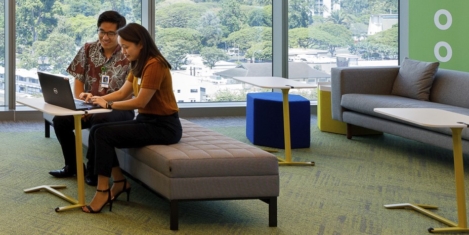



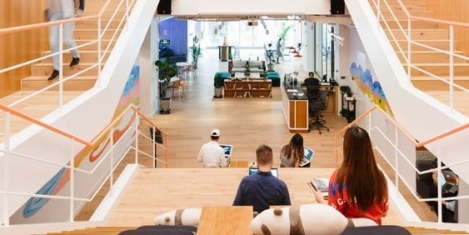
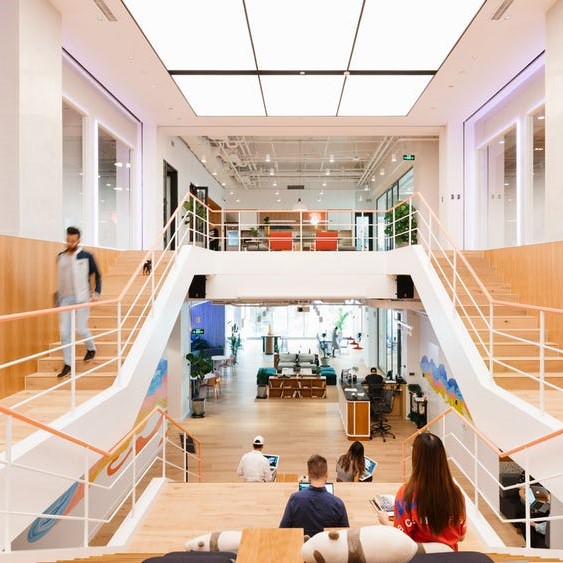




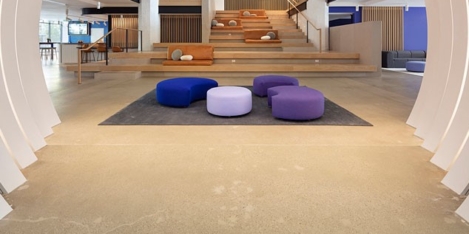
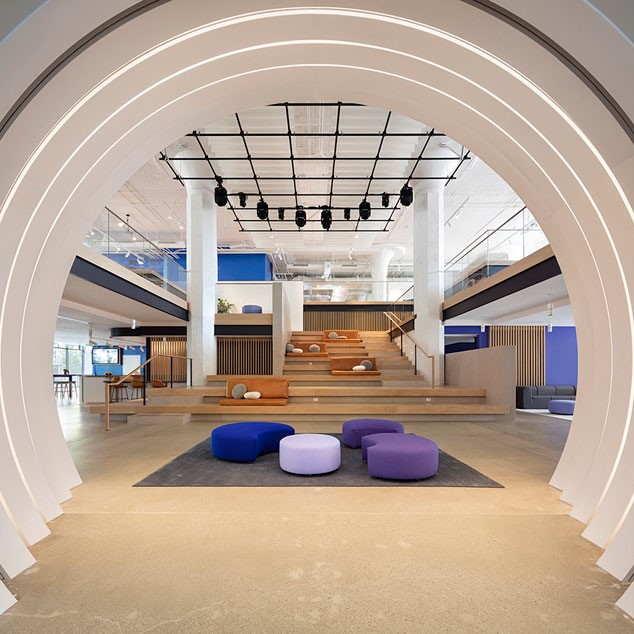



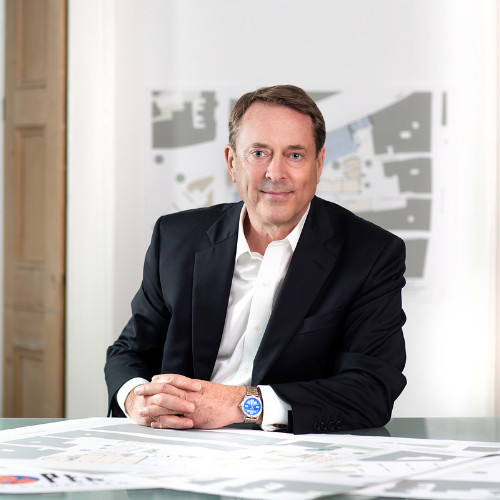


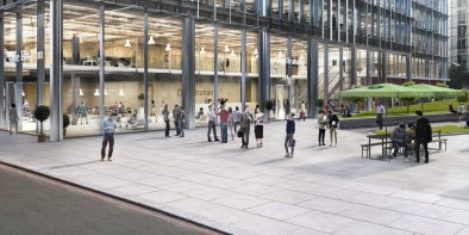
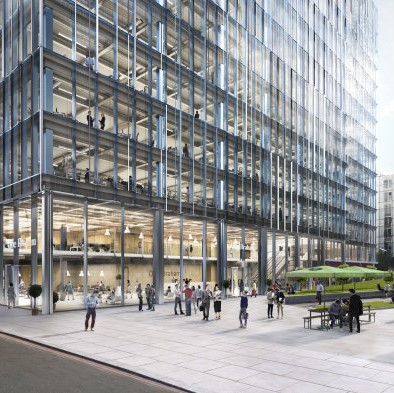









September 6, 2019
Avoiding burnout and losing the workplace blues
by Christine Congdon • Comment, Wellbeing, Workplace design
(more…)